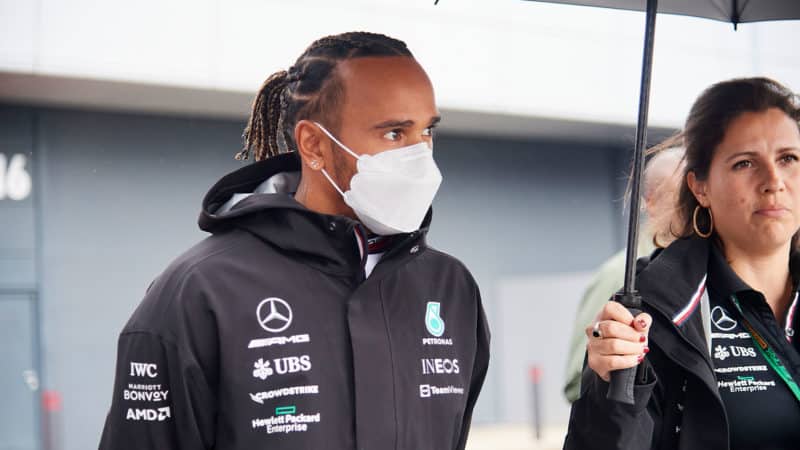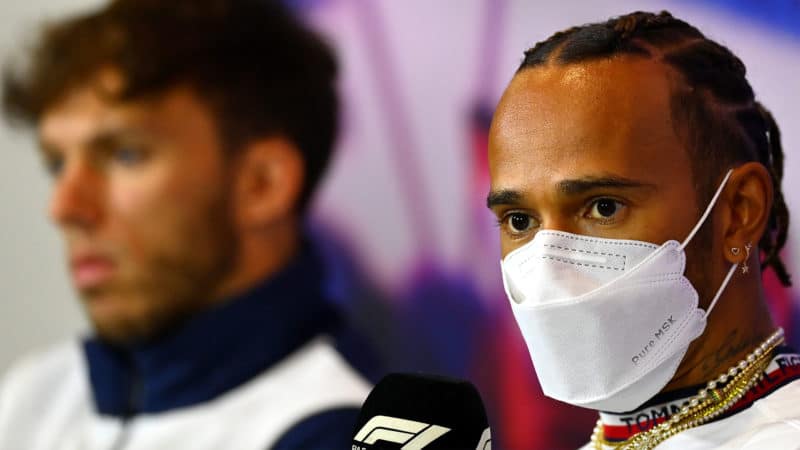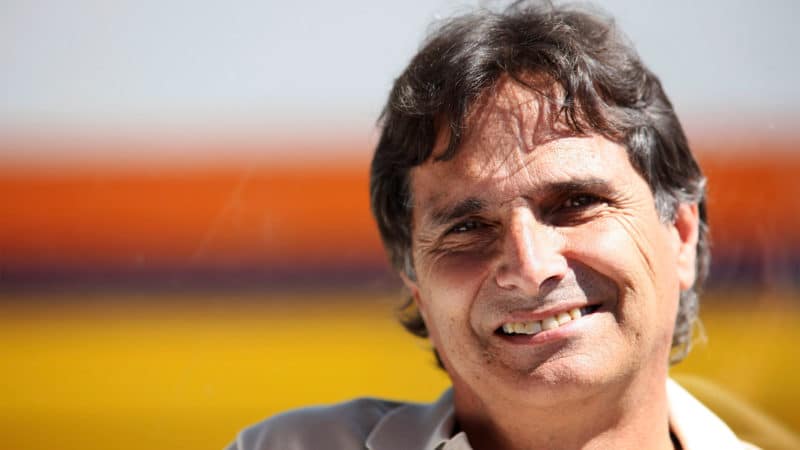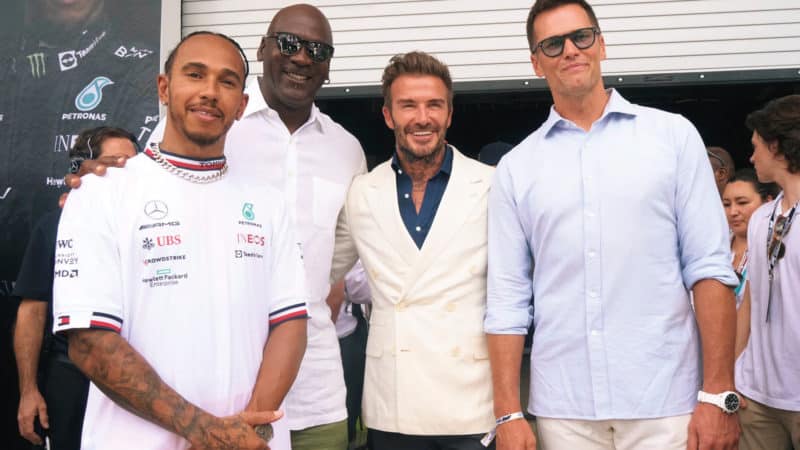“If we’re looking to grow our audience in the US, in South Africa and other countries, we need to be looking to the future and giving the younger people a platform that is more representative of today’s time, and who we are trying to be and the direction that we’re going.
“It’s not just about one individual. It’s not about just that one use of that term – it’s the bigger picture.”
When asked if he felt the strong reaction in the wider motor sport community to the comments represented progress, Hamilton said he believed there was more scope for positive change.
“You[‘ve] got to imagine that everyone’s PR agency, or PR people have already a script ready for something like that – crisis management,” he said.
“As I said, it just comes back down to the media, which should not be giving these people a platform.
“These older voices – whether subconscious or consciously – do not agree that people like me, for example, should be in a sport like this, do not agree women should be here. Discrimination is not something we should be projecting and promoting, and giving a platform to divide people.
“We’re living in such a difficult time in the world, we need people to be bringing people together.
“We’re all the same, and it is not helpful, these comments that we’re seeing.

The Mercedes driver expressed his frustration that not all teams have yet signed up the Hamilton Commission charter
Jose Breton/Pics Action/NurPhoto via Getty Images
“I don’t think a day’s gone by [in my career] that some of the older [voices] that have not really been in or relevant in our sport for decades, [haven’t been] trying to say negative things or try to bring me down, but I’m still here, I’m still standing strong, and I’m focused on my work in really trying to push for diversity and inclusion within our organisation.
“It’s been two years since many of us first took the knee in Austria and, of course, we’re still faced with the challenges.”
In 2020 Mercedes driver set up the Hamilton Commission, with the aim of identifying what aspects were holding back certain ethnic groups from becoming involved in the world of motor sport, then putting in a plan to tackle this.



